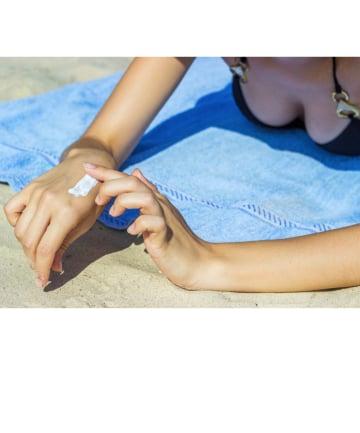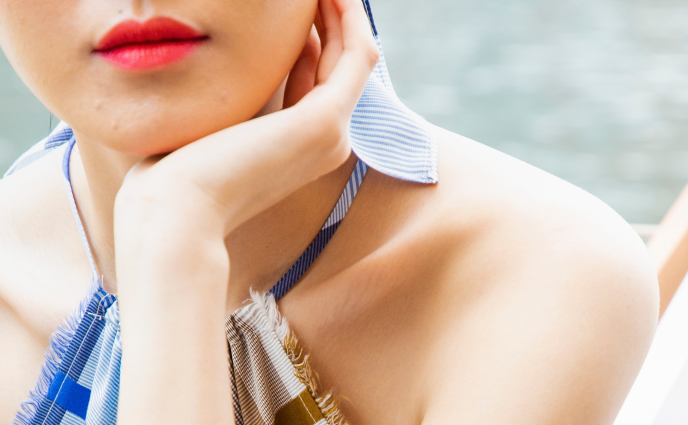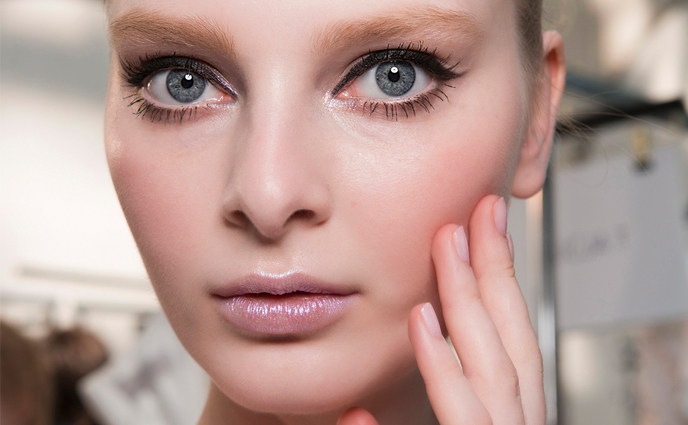Paying attention to your face, arms, and legs is great, but there are some easily overlooked areas that need to be protected at the beach too. "If you do step out, make sure your eyes are covered with sunglasses and lips protected with a balm," says Sheel Desai Solomon, MD, a dermatologist based in Raleigh, North Carolina. "We often forget that the skin around the eyes is very delicate and needs extra attention." Other areas that are easily missed are your scalp, neck, backs of your ears, and tops of your hands and feet, according to the Skin Cancer Foundation.
Image via Mykola Sosiukin/EyeEm/Getty
Image via Mykola Sosiukin/EyeEm/Getty
Sometimes sunburns happen, no matter how well you think you've protected yourself. If you find yourself with a sunburn, Solomon recommends taking frequent, cool baths or showers to relieve the pain. "As soon as you get out of the bathtub or shower, gently pat yourself dry, but leave a little water on your skin," she says. "Then, apply a moisturizer to help trap the water in your skin. This can help ease the dryness." Solomon suggests a moisturizer with aloe vera or soy to help soothe sunburned skin. An OTC hydrocortisone cream may help as well.
Other steps you can take to minimize the discomfort of a sunburn: Pop an aspirin or ibuprofen to help reduce swelling and redness, and drink extra water to prevent dehydration since, as Solomon puts it, "a sunburn draws fluid to the skin's surface and away from the rest of the body."
Head to the doc pronto if you have severe blistering over a large portion of your body, fever and chills, or are woozy and confused, advises Solomon. "Don't scratch or pop blisters, which can lead to infection," she says. "Signs of infection include red streaks or oozing pus."
Image via Rita Saitta/EyeEm/Getty
Other steps you can take to minimize the discomfort of a sunburn: Pop an aspirin or ibuprofen to help reduce swelling and redness, and drink extra water to prevent dehydration since, as Solomon puts it, "a sunburn draws fluid to the skin's surface and away from the rest of the body."
Head to the doc pronto if you have severe blistering over a large portion of your body, fever and chills, or are woozy and confused, advises Solomon. "Don't scratch or pop blisters, which can lead to infection," she says. "Signs of infection include red streaks or oozing pus."
Image via Rita Saitta/EyeEm/Getty







